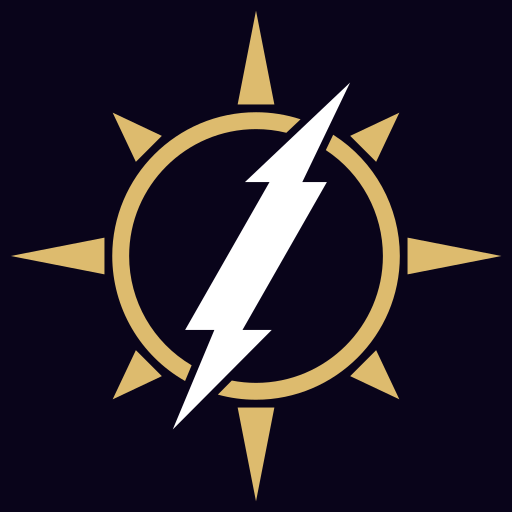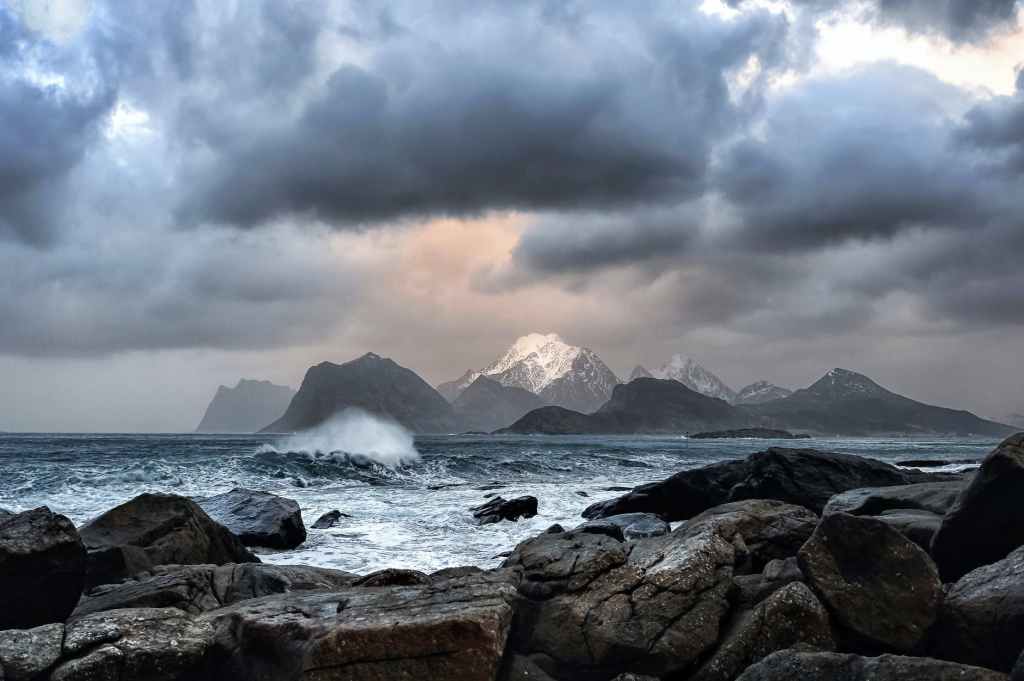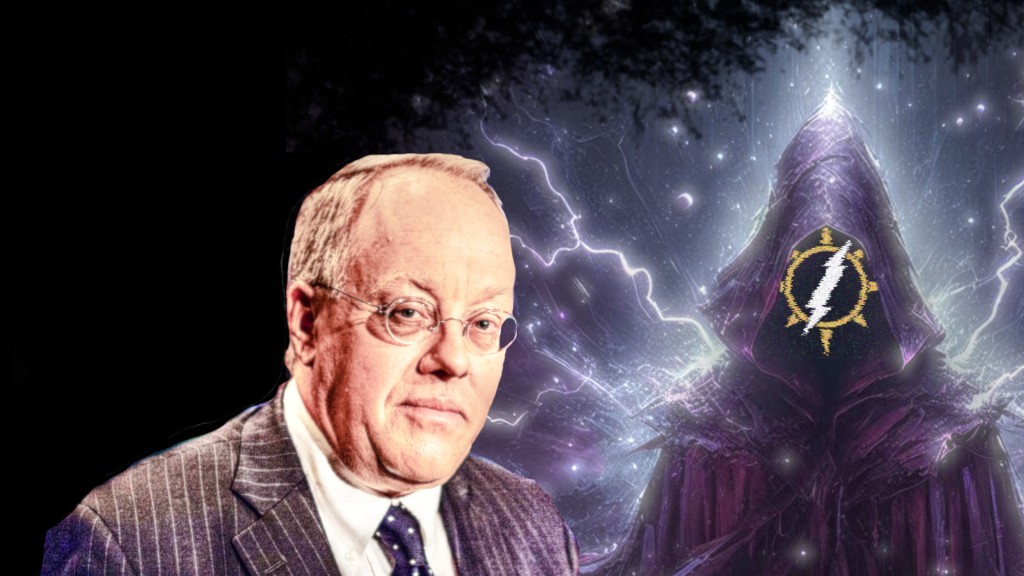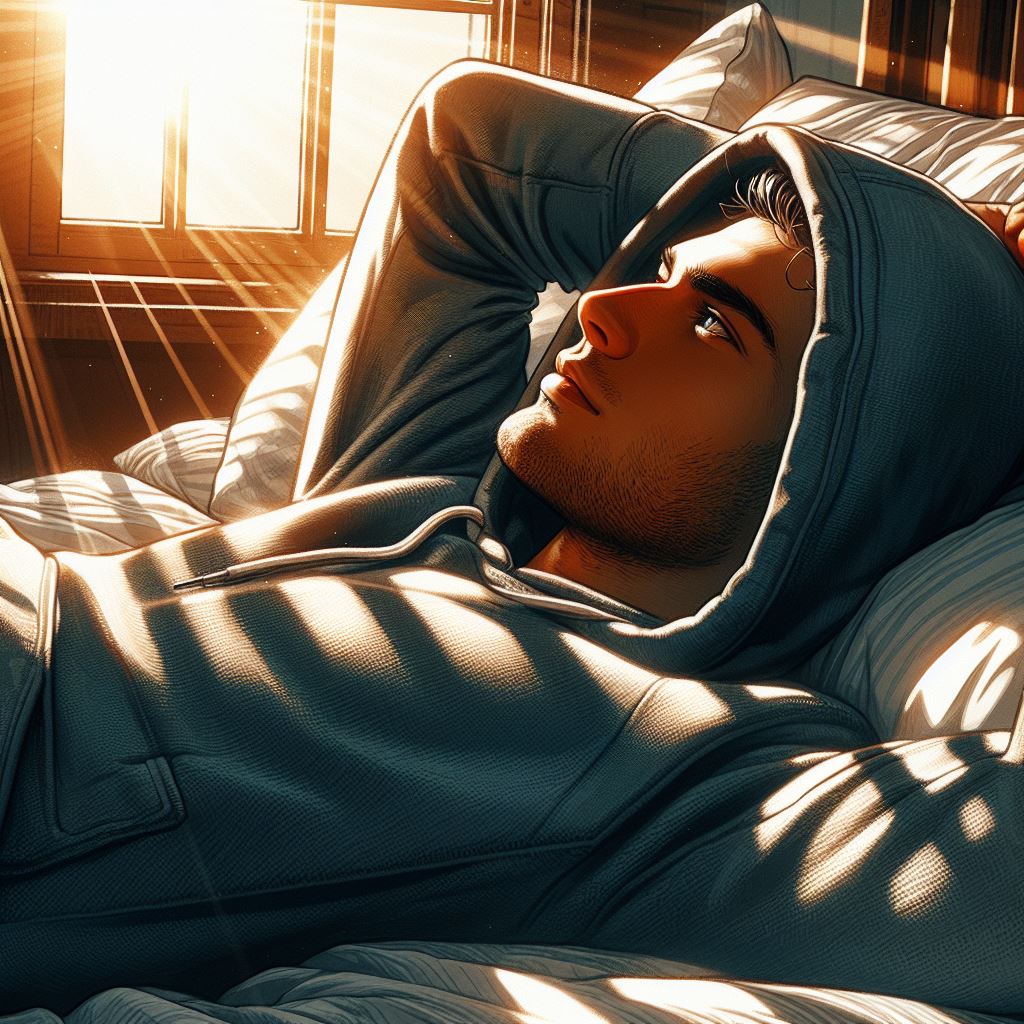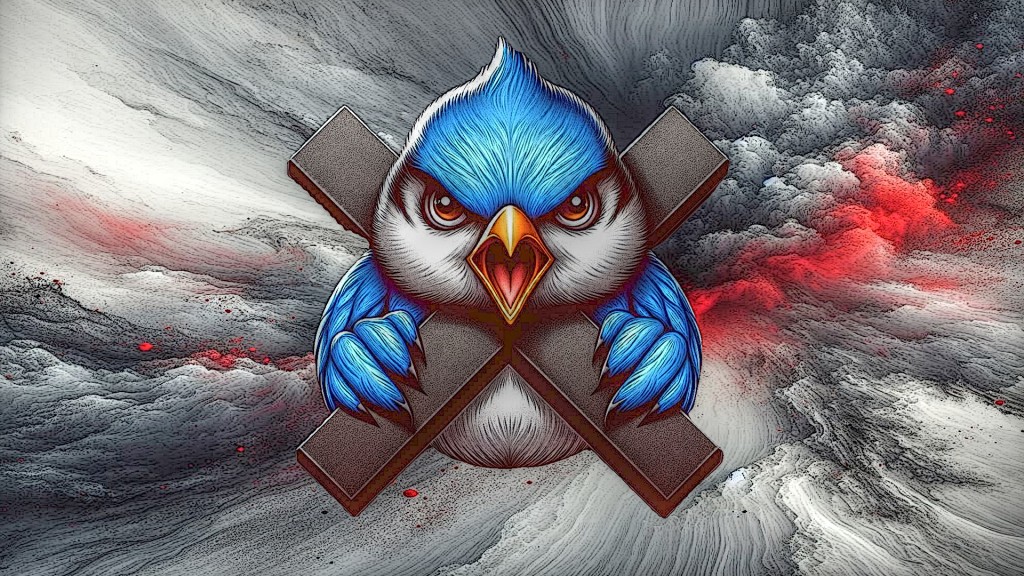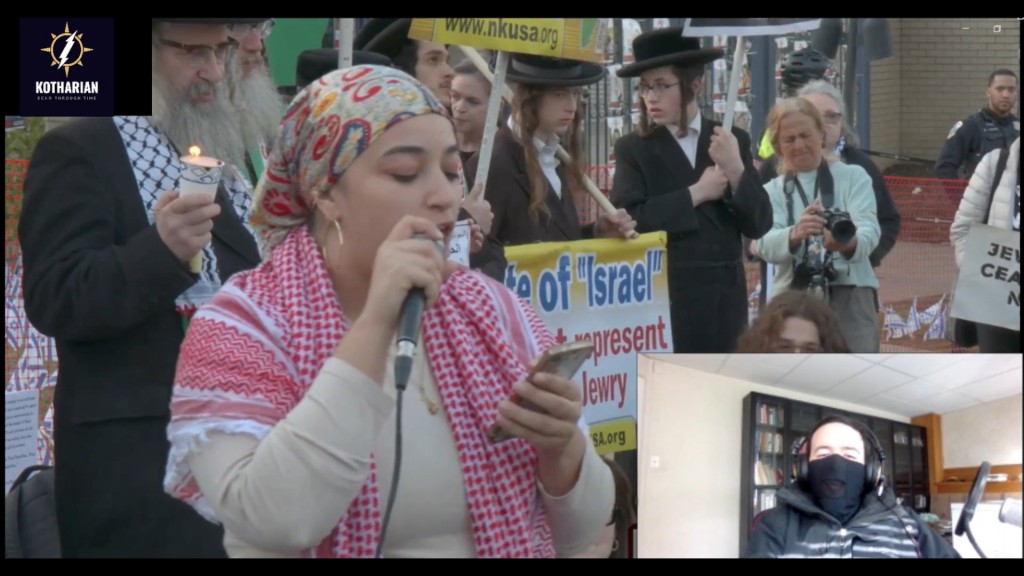From Scottish Folklore
(Bard)
On a day when the Fhinn were on Oirill’s mound
A watching the Eireann all around,
There was seen coming on the tops of the wave,
The crooked, clamouring, shivering brave.
The name of that undaunted wraith,
Was the bald russet yellow Muilearteach;
From Lochlann’s bounds, coming on brine,
All in a day to cover Eirinn (Ireland).
A rusted glaive was upon her belt,
Will give them a grim darkling pelt;
When the time of the fury of battle shall come.
There were two slender spears of battle,
Upon the other side of the carlin;
Her face was blue-black of the lustre of coal,
And her bone turfed tooth was like rusted bone.
In her head was one deep pool-like eye,
Swifter than a star in a winter sky;
Upon her head gnarled brushwood,
Like the clawed old wood of the aspen root
Her heart was merry for joy,
As she aw in the south the Fiantaidh;
“Will ye not teach the wretch to her ruin,
Let not her’s be a good gift without return.”
And a hundred warriors she sportively slew,
And there was a grim on her rugged maw;
A warrior exalted each warrior of these,
And that were raised up on slender trees.
A pouring of their blood amongst the hounds,
And the juice of the fruit of Oireal was threatened;
(Witch)
“Who are the warriors better than they?”
Out spoke the yellow Muilearteach;
“Terror or fear there is not upon me,
Before the king since I happened upon ye.
(Bard)
To Fionn Prince of the Finne there came,
The ill-favoured goblin right valiant;
By her there were slaughtered nine in the plain,
As she sought for detestable combat.
(Witch)
“Now since I have come over the brine,
For the taking of all Eirinn;
Let yielding be given me without pain,
Or else a whole battle of hardy men.”
(Bard and Fionn)
Mac Chumhail would give that without displeasure,
Ten hundred hounds, upon leashes of leather;
“Take the bribe, and besides,
Ten hundred ruddy apples of gold.”
(Witch)
“Although I should get all the value of Eirinn,
With her gold and her silver and her precious things;
I would rather have on board of my vessel,
The heads of Osgar, and Raonaidh, and Coiril.”
(Card and Conan)
Spoke a hero that brooked no slur,
Son of great Morna, by name Conan;
“Thou shalt loose the bush of thy round head,
Because thou hast asked for the son of Oisein.”
(Bard)
When they saw the wrath of the monster,
Up rose Fionn the Prince of the Fhinn;
Up rose Oisean, Prince of the men,
Up rose Osgar, and Iollainn.
Up rose Diarmaid o’ Duibhne;
Up rose they, and Iall o’ Buidhne;
Three sons of the dusky black king Dhuinne;
Up rose they, and Cearbhal.
Up rose Glaisean o’ Damhach;
Up rose they, and Ard Amhare;
Up rose Ciar Dhubh, Prince of Lomhann,
The doughtiest four that were in the Fhinn.
Went to do battle with the beast.
She was serving them out in turn,
As a blade might run through flame;
Until there met MacChumail the grand,
And the Muilearteach hand to hand.
Their equal was never yet seen,
Since the smithy of Lonn MacLiobhainn;
There was dew on the point of the spears,
Of MacChumhail of the sides so fair.
Her side was pierced with sharp wound,
There was rain of her blood on the heather;
The Muilearteach was slain by the king,
And if she was slain, it was no smooth slaying.
(Smith)
The smith took with him her bree
To Tur Leoin of the high king.
“My sorrow!” said the smith of the axes,
“If bald russet Muilearteach is slain.”
(King)
The king said, “the people never stood,
That on the bald russet could bring blood;
Unless in a land of holes fell she,
Or was drowned upon the smooth bare sea.”
“There never yet have come of any,
Those who the yellow Muilearteach could slay;
They did not slay her, but the Fhinn,
A band from whim tribute is not won.”
“Great is the shame to the blossom of Phail,
To give under to the people of a single isle;
To the travelling, and to the west,
Travel we, and travel we in haste.”
“That I would give my vow again,
If my maid Muilearteach has been slain;
That I with my people should never return,
Till Eirinn to a heap of ashes should burn.”
“In Eirinn let me not leave a stone,
In burn, or in moor, or in mountain lone;
Unlifted upon the beaks of my fleet,
Eirinn level of such great weight.”
“I will bring my plungers upon the brine
To bring out of her sea bent all Eirinn.”
(Bard)
Great is the brag for the white ships
The whole of Eirinn to uplift,
And that there are not white ships in being
That could uplift one fifth of Eirinn.
(King)
“Gather to me my worthy race,
King of the Spaniards and his force,
The king of Greece and of Gallia clean,
King of Hispania and of the Inds.”
(Bard)
Gather of the whole world the clan,
The children of a king and of a single man,
Goblin or champion shall not get clear
From the beautiful Fhinn of the yellow hair.
Seven score ships, and one thousand
Gathered the king, what a heavy band
For the taking of all Eirinn,
Could it be brought to Fionn, prince of the Fhinn.
There was not a port nor a half port within
The five-fifths of the Eireann
That of beaked barks was not full,
And of the barges of their lords all.
Though it was evil to be waiting for them,
‘Twas no better for them that to us they came.
A messenger came from Blaith Phail,
To find for him the Muilearteach,
Or else the bold youth of all Eirinn,
The children of a single man or of a king.
That MacChumhail would give to the
King of Lochlann, and without a grudge.
Ten hundred helmets and fine mail,
Ten hundred shields and sheathed glaives,
Ten hundred collars of gold upon hounds,
Ten hundred slender stingers of battle.
Ten hundred fine coloured flags,
Ten hundred wise warriors whom he might choose,
Ten hundred bridles of gold and saddles.
Though he got all that, the king of Lochlann
And the bold youth of the whole of Eirinn,
For ever with his people he would not be still
Till Eirinn should become a ruddy hull.
(Lochlanners)
Then spoke an answerable true wise bard,
The lad that could answer with a knowing word;
And he spoke timidly and like a sneer
Unto the king that was too early.
(Bard)
“Though you, like the whole of the Fhinn,
In the front of battle and combat
You must come as lions, weighty and gray,
Or else you will work out your own decay.
“It were better to get us on a single place
Than from billow to billow to be on our trace.”
(King)
“Thy counsel is lying, thou musical bard,”
Out spoke the king, wrathfully, hatingly,
“Because a third part of what is there
Thou hast never beheld in Eirinn.”
[Here the action changes from one camp to the other.]
(Feene)
Then spoke Garaidh of the glens:
“If you will take my counsel, Fhinn,
Let submission be given on the sea,
That for ever under his sway you may be.”
(Bard)
Up rose Iollain with a hero’s tread,
And each one followed him side by side,
To give a leathering to Garaidh from the wild,
Who the service of man could not abide.
(Fionn)
“Stay thou, Ioollain, as thou mayest be,”
Said MacChumhail, the prince so high,
“Though evil the counsel of the man,
Stalwart his hand when the strife began.”
(Osgar)
Said Osgar, as he felt the pain,
“Whatever ship is of loftiest sail,
Shall swim in blood beneath her keel,
If there be enough within her hull.”
(Bard)
Then raised they, and they were not scarce,
Their slender pennons on their slender shafts
The standard of MacChumhail of Victories,
“Sun’s brightness,” above the trees.
There were nine chains from it downward fell
Of the yellow gold, of no lustre dull,
A hero at every chain of these,
That was holding them against the stays.
In the camp there was many a thousand of men,
Many a one with blades and spears so keen,
Many a trunkless head was there,
Many a neck there was swept bare.
From the first of the sun till the same evening.
Those heroes the greatest of the tribe
That came to use with an army of pride,
To them the camp was the narrowest
Ere their rough vapouring was dispersed.
In the thick of the people Osgar slew
One hundred spearmen for the first time,
Another hundred of the people by three,
Seeking a way to their Ard Righ.
Another hundred of the hosts of men
On the further side of the King of Lochlann,
Until he slew, in the thick of the host,
The king for all his great honour’s boast.
When they saw that the king had fallen,
Their courage failed them, and in great swiftness,
They went all in ranks to the sea;
And the battle poet was driving them.
Amongst the warriors in turn,
It was the Osgar that was urging them.
After he had given the war
Came succour to the hero of bright arms.
For through the spear-holes there might go
The sickles through the back of Osgar.
Whatever that day might hap to be
On the battle steep side of Beinn-Eudainn,
Such like great peril was not there found
From the first of the Finne till one day
On the day when the Fhinn were on Oirill’s Mound.
Source:
Popular Tales of the West Highlands, J.F. Campbell, Volume 3, 1892
